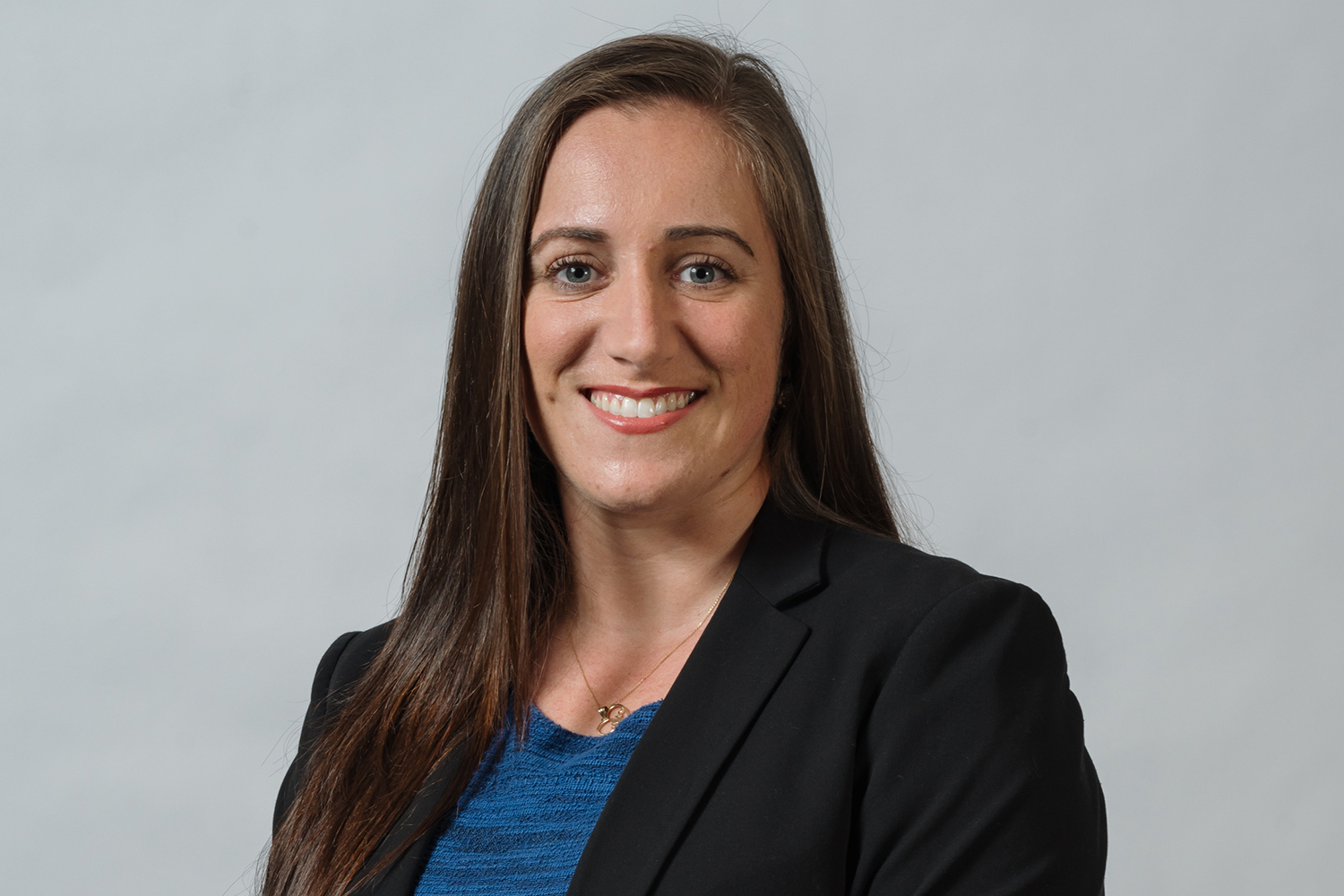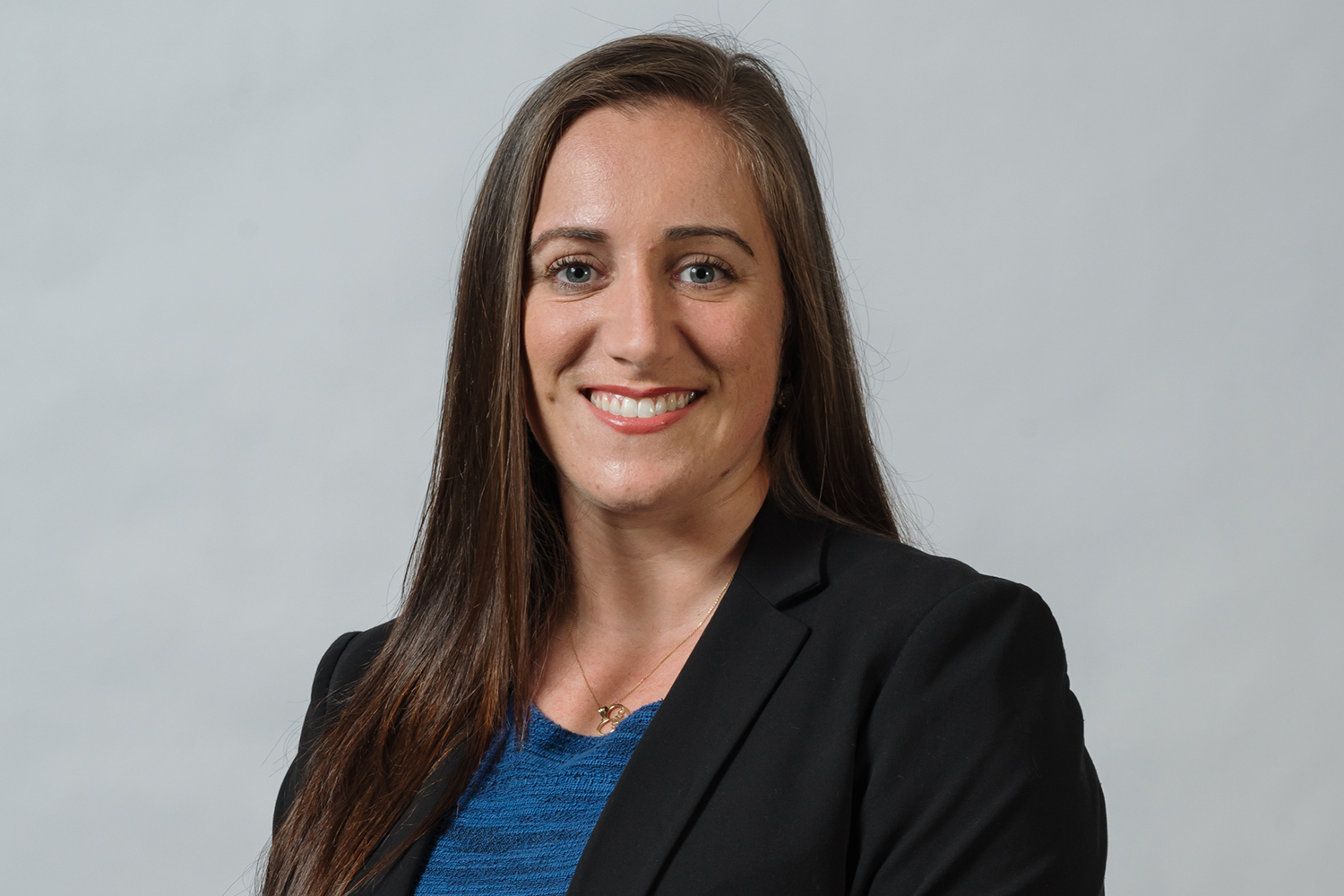
Gemma Bellfield (nee Lardner)
Partner | Legal
Cayman Islands

Gemma Bellfield (nee Lardner)
Partner
Cayman Islands
Company directors and their advisors can take a number of lessons from the Singapore Court of Appeal's decision in Foo Kian Beng v OP3 International Pte Ltd (in liquidation) [2024 SGCA 10] and the English High Court's decision in Re BHS Group Ltd [2024] EWHC 1417 (Ch), including when the Creditor Duty is engaged, the two stage test for liability and the role of legal advisors.
In this article, partner Gemma Bellfield and senior associate Victoria King explore the lessons that directors of Cayman Islands companies can take from cases in the UK and Singapore.
Following the Supreme Court's ruling in BTI v Sequana [2022] UKSC 25, recent decisions have provided company directors with further guidance as to the scope of the "Creditor Duty". This duty is engaged when a company may be entering into the zone of insolvency. At this point, the interests of the company shift from being represented by the interests of its shareholders as a whole, to the interests of its creditors, in addition or in priority to its shareholders. The directors' duty to act in the company's best interests therefore shifts accordingly. The Courts across Commonwealth jurisdictions have agreed that the underlying rationale for the Creditor Duty is the need to constrain directors from externalising the risks of continued trading of financially distressed companies onto creditors. When a company enters the zone of insolvency it is essentially operating using the creditors' money. However, it is notoriously difficult to pinpoint when the entry into the zone of insolvency takes place.
In Foo Kian Beng (March 2024) the Singapore Court of Appeal applied BTI v Sequana, holding a former director liable for breach of his fiduciary duty to his company known as the "Creditor Duty". Mr Foo, the former director of OP3, had authorised payments from the company to himself in circumstances where the company was facing legal proceedings for late and defective work on a dental office fit-out project (the Smile Dental Claim). The Singapore Court of Appeal considered when, on the sliding scale of a company's solvency, the Creditor Duty is triggered. As the English Supreme Court discussed in Sequana, the historic descriptions of that point in time varied widely. These included when a company was "perilously close" to being insolvent, in a "parlous financial position", of "doubtful solvency", on the "verge of insolvency", or facing probable or imminent insolvency. The various courts agreed that the test should remain flexible.
However, the varied descriptions left much to be desired by way of guidance for directors as to the point at which their duty to the company evolves to prioritise creditors' interests (over those of shareholders) when making business decisions. In Sequana, the Supreme Court seemed to prefer the term "bordering on insolvency" or when the company faced a "probability of an insolvent liquidation". The Singapore Court of Appeal in Foo ultimately followed the approach in Sequana.
The Singapore Court of Appeal, followed the test set out in Sequana, being a two-stage process:
Stage 1: The court must determine whether or not the Creditor Duty has arisen at the time of the relevant transaction; and, if so
Stage 2: The court must then determine whether or not the director acted in breach of that Creditor Duty in carrying out the transaction
The Singapore Court of Appeal identified three categories of solvency status of a company:
Category 1: Where all things, including the contemplated transaction, have been considered, the company is solvent and able to discharge its debts
Category 2: Where a company is imminently likely to be unable to discharge its debts (including where a director ought reasonably to apprehend that the contemplated transaction will render it imminently likely that the company will not be able to discharge its debts)
Category 3: Where corporate insolvency proceedings are inevitable
The Singapore Court of Appeal set out a non-exhaustive list of relevant factors which the director ought to have taken into account when assessing whether the contemplated transactions would result in imminent insolvency:
The Singapore Court of Appeal found that the contingent liability that the company faced in the Smile Dental Claim was reasonably likely to materialise, bringing the company's solvency status within Category 2.
The Court acknowledged that company directors operate in a fast-moving commercial environment. Therefore, the courts will assess their decisions based on the facts and circumstances prevailing at the time those decisions were taken. The aim is to establish legal principles which can operate as a practical guide for directors in their daily conduct of business without the benefit of hindsight.
Having established that the Creditor Duty had arisen at the time of the relevant payments, the burden then shifted to Mr Foo. He was required to show that he discharged his duty to act bona fide in what he believed to be the best interests of the company when he authorised the payments to himself, not in breach of the Creditor Duty.
This second stage of the test consists of both a subjective and an objective limb. Whether the director believed the act to be in the best interests of the company is a subjective question. However. it must have been an honestly and reasonably held belief looking at all the circumstances, which has an objective element. Courts have applied this legal test with flexibility, recognising that company directors may, depending on the circumstances, in good faith perceive that there is a reasonable prospect that the company will be able to trade itself out of insolvency for the benefit of both shareholders and creditors.
The Singapore Court of Appeal found that in this case the director did not establish on the evidence that he did in fact believe, or could have honestly believed, that the company would face no liability in the Smile Dental Claim. By authorising the payments to himself without properly factoring in the contingent liability, he completely disregarded the interests of the company's creditors, enriching himself at their expense. The director had no argument in defence that the payments to himself would revitalise the fortunes of the company or help the operating of the business such that the creditors would indirectly benefit.
In the recent judgment of the English High Court in Re BHS, two directors were held personally liable to pay £18 million for breaches of relevant English statutory and common law duties while their company was in the zone of insolvency. Those statutory duties have no statutory equivalent in the Cayman Islands. However, they are based on common law fiduciary duties which do apply under Cayman law, so this judgment's relevance to directors of Cayman companies should not be overlooked.
Re BHS considered the role and value of professional advice to the board of directors in the context of the statutory duties of directors. The Court noted that the directors had failed to give due consideration to pertinent questions raised by the company's advisors before entering into the relevant transactions. It also noted that they had obtained legal advice only after making the relevant decisions. This was seen as simply a box-ticking exercise, which was not enough to exculpate them from liability.
The Court applied the Sequana Test that the Creditor Duty is triggered at the moment when the directors knew, or should have known, that insolvency was probable.
The Judge in Re BHS considered whether the transaction in question was "an insolvency-deepening activity" of the kind described in Sequana, given the status of the company's financials at the relevant time (That is to say, whether it was a particularly risky transaction with slim prospects of success which, if successful, might avoid insolvency but if unsuccessful, would deepen the insolvency).
The Judge found that the directors' approval of the facility agreements for the proposed "Turnaround Plan" for the company was a prime example of an insolvency-deepening activity. If the Turnaround Plan failed (as it did) the expensive financing would have eroded the group's assets to the detriment of the unsecured creditors. The judge held that the directors did know or ought to have known that insolvency was imminent or probable in those circumstances. The Creditor Duty had therefore been triggered. Having failed to consider the creditors' interests in proceeding with the relevant transactions, the directors acted in breach of their duty.
In considering the quantum of the directors' liability and the potentially ruinous financial consequences for them, the Judge was not convinced that those concerns should be taken into account given that it could set a dangerous precedent if reckless or dishonest directors could face reduced liability on the basis of their inability to pay, leaving creditors uncompensated.
These decisions serve as further reminders to directors that the Creditor Duty can be triggered before insolvency becomes inevitable.
It is important that directors take legal advice as to their duties when a company enters, or is at risk of entering, the zone of insolvency. However, the mere fact that legal advice was taken does not mean that a defendant-director will necessarily be found to have acted bona fide in undertaking that course of action. The Court will also consider: the circumstances under which that advice was provided, to evaluate the extent to which that director can fairly rely on the fact of legal advice; and the responsibility that the law places upon every individual director to bring to bear his own judgment evaluating the advice received.
Ogier's Dispute Resolution team advises directors and fiduciaries on technical, strategic and procedural aspects across the spectrum of contentious commercial issues and disputes.
For more information or to find out how Ogier can advise you in this area, feel free to contact the authors of this article.
Ogier is a professional services firm with the knowledge and expertise to handle the most demanding and complex transactions and provide expert, efficient and cost-effective services to all our clients. We regularly win awards for the quality of our client service, our work and our people.
This client briefing has been prepared for clients and professional associates of Ogier. The information and expressions of opinion which it contains are not intended to be a comprehensive study or to provide legal advice and should not be treated as a substitute for specific advice concerning individual situations.
Regulatory information can be found under Legal Notice
Sign up to receive updates and newsletters from us.
Sign up